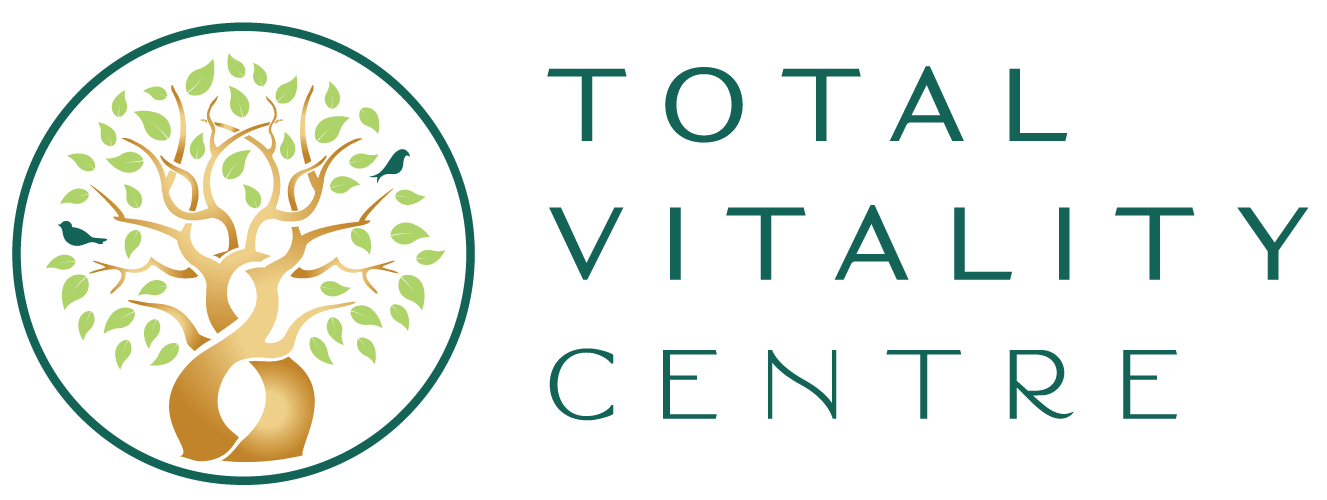In the fast-paced world we live in today, stress and anxiety have become almost ubiquitous companions in our daily lives. From demanding work schedules to personal responsibilities, the burdens we carry can often feel overwhelming. While there are many strategies and coping mechanisms to manage these mental health challenges, one often overlooked but highly effective approach is massage therapy. In this blog, we will explore how massages can provide a soothing escape from the chaos of life, promoting relaxation and helping to alleviate stress and anxiety.
The Mind-Body Connection
Before diving into the benefits of massages for stress and anxiety, it’s essential to understand the mind-body connection. Our mental and emotional states have a profound impact on our physical well-being. Conversely, our physical health can influence our mental and emotional states. This intricate interplay underscores the potential of massages to address stress and anxiety.
Relaxation Response
Massages trigger the relaxation response, a natural physiological process that counters the stress response. During a massage, the body releases endorphins, which are our natural feel-good hormones. These endorphins induce a state of calm and relaxation, reducing the production of stress hormones like cortisol. As a result, muscle tension lessens, heart rate slows, and blood pressure normalizes.
Reducing Muscle Tension
One of the most noticeable effects of stress and anxiety is muscle tension. The shoulders hunch, the neck stiffens, and the back tenses up. Massage therapists are skilled in locating these tension points and using various techniques to release them. The hands-on manipulation of muscles helps to relieve physical tightness, which can have a profound impact on mental well-being. As the body relaxes, the mind follows suit.
Improving Sleep Quality
Stress and anxiety often lead to poor sleep quality, perpetuating a vicious cycle. Massage therapy can break this cycle by promoting better sleep. The relaxation induced by a massage can help improve sleep patterns and duration. It can also ease conditions such as insomnia by reducing the racing thoughts that keep people awake at night.
Enhancing Mindfulness
Massage sessions provide a unique opportunity for mindfulness, a practice that has been shown to reduce stress and anxiety. As you lie on the massage table, you’re encouraged to focus on the present moment, the sensation of touch, and the rhythmic flow of your breath. This mindfulness practice can help quiet the mind, reduce racing thoughts, and promote a sense of calm.
Emotional Release
Stress and anxiety often manifest as emotional turmoil. The power of touch during a massage can be profoundly therapeutic, allowing individuals to release pent-up emotions and find emotional balance. It’s not uncommon for people to experience tears or intense emotions during a massage, which can be a healthy way to process and let go of emotional baggage.
Boosting Serotonin and Dopamine
In addition to endorphins, massages stimulate the release of serotonin and dopamine, two neurotransmitters associated with mood regulation and feelings of well-being. These “feel-good” chemicals can help counteract the symptoms of anxiety and depression, leaving you with a greater sense of happiness and relaxation.
Lowering Blood Pressure
High blood pressure is often linked to chronic stress and anxiety. Massage therapy has been shown to lower blood pressure by promoting relaxation and reducing the body’s stress response. Regular massages can contribute to long-term cardiovascular health by maintaining healthy blood pressure levels.
Building a Supportive Routine
Incorporating massages into your wellness routine can provide consistent relief from stress and anxiety. Regular sessions help build resilience against the daily pressures of life and create a supportive foundation for maintaining mental well-being. Many individuals find that scheduling a monthly or bi-weekly massage appointment becomes a cherished self-care ritual.
Choosing the Right Type of Massage
It’s important to note that there are various types of massages, each with its unique benefits. Swedish massage is well-known for its relaxation properties, while deep tissue massage targets muscle tension. If you’re new to massages or have specific concerns, consult with a skilled massage therapist who can recommend the best approach for your needs.
Treat Your Mind and Body
In our hectic lives, it’s crucial to prioritize mental and emotional well-being. While there are numerous strategies for managing stress and anxiety, massage therapy offers a holistic and effective approach. Through the release of endorphins, the reduction of muscle tension, and the promotion of relaxation, massages can provide a sanctuary of peace in the midst of life’s chaos. Whether you opt for a Swedish massage or a deep tissue massage, the healing touch of a skilled therapist can work wonders for your mind and body. So, why not treat yourself to a massage and experience the transformative power of relaxation? Your body and mind will thank you for it.








